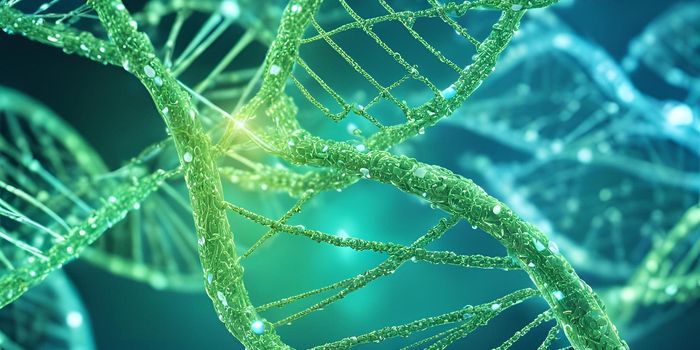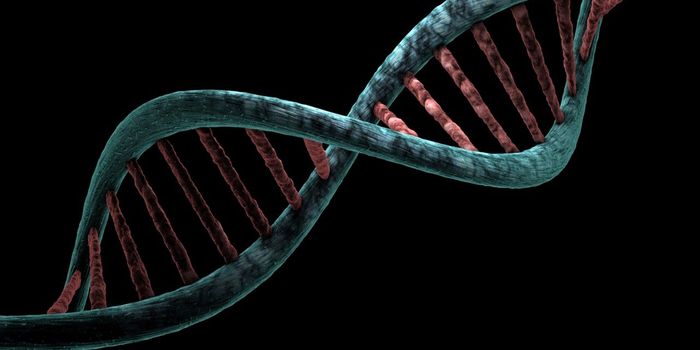How flavonoids fight against colorectal cancer
New research published in the journal Cancers reports why flavonoids can aid in reducing the risk of colorectal cancer. Flavonoids are compounds found in fruits and vegetables that defend against free radicals in your body, thereby preventing cancers, heart disease, and allergies. The research comes from a team at South Dakota State University in Brookings.
Colorectal cancers are the fourth most common type of cancer in the US, according to the Centers for Disease Control and Prevention. In 2016, 141,270 were diagnosed with colon or rectum cancer and 52,286 people died, making it the fourth most common cause of cancer deaths.
Using the knowledge from previous investigations that a salicylic acid derivative called 2,4,6-trihydroxybenzoic acid (2,4,6-THBA) is capable of slowing cancer cell growth of colorectal cancer, the researchers pinpointed another origin of 2,4,6-THBA in a compound product caused by the digestion of flavonoids.
"We hypothesized," says senior study author Jayarama Gunaje, Ph.D., "that flavonoids decrease colorectal cancer due to the action of the degraded, or broken down, products rather than the parent compounds."
The team determined that in order for 2,4,6-THBA to enter colon cancer cells (these cells on which they tested the metabolite), a transporter protein called SLC5A8 was required. But in cells that did not have the transporter protein, 2,4,6-THBA could not gain access to the cells in order to act as a cancer inhibitor.
The next question was how those cells that do have SLC5A8 react to 2,4,6-THBA. The researchers figured out that 2,4,6-THBA works by slowing the rate of cell division. This does two things: one, it allows immune cells more time to find and kill cancer cells; two, it gives cells time to repair damage to DNA. They hope these findings will help develop probiotics with metabolites from flavonoids that could go as far as preventing colorectal cancer.
"We have so many drugs to treat cancer, but almost none to prevent it. Therefore, demonstrating 2,4,6-THBA as a protective agent against colorectal cancer has immense potential health benefits," commented Gunaje.
Sources: Medical News Today, Cancers









